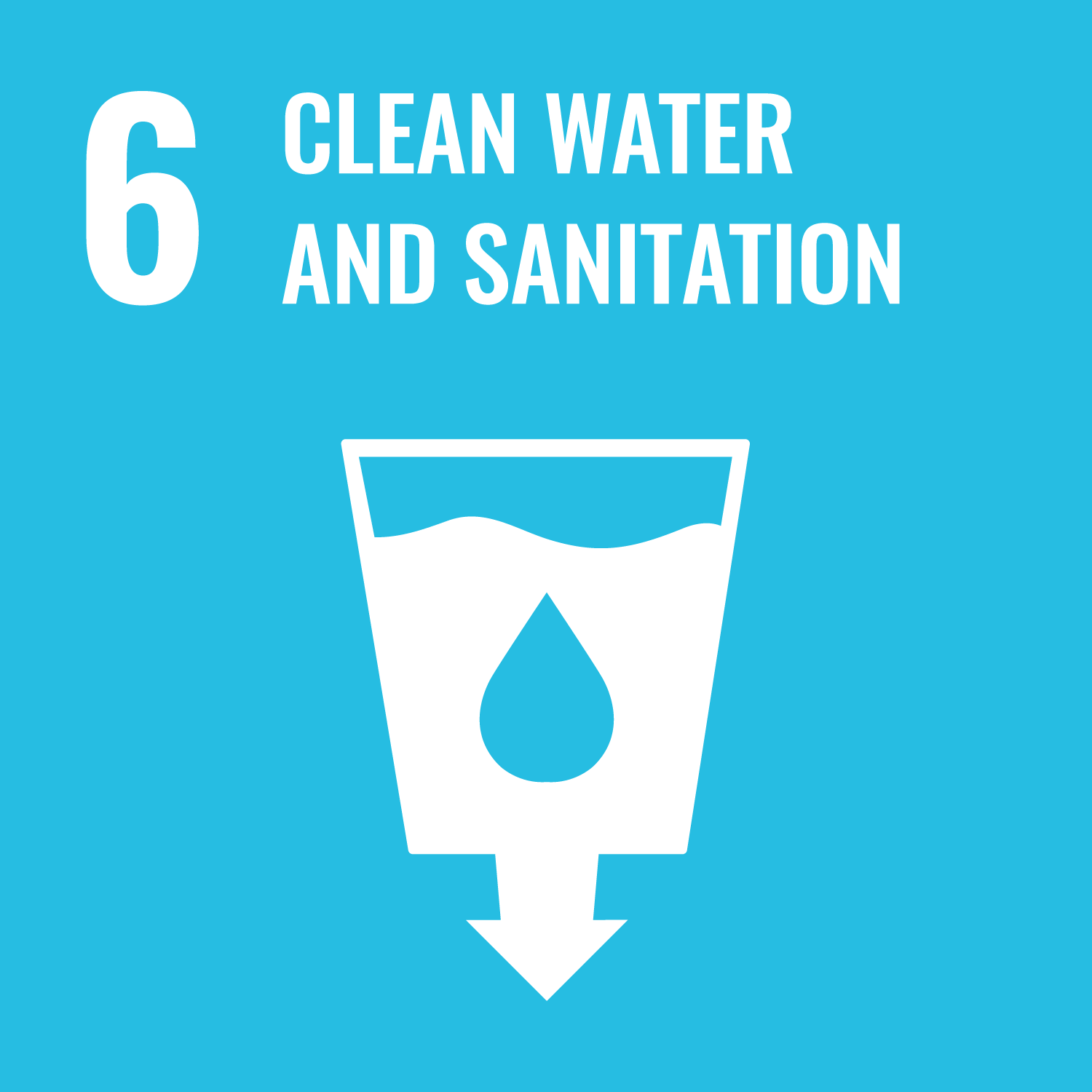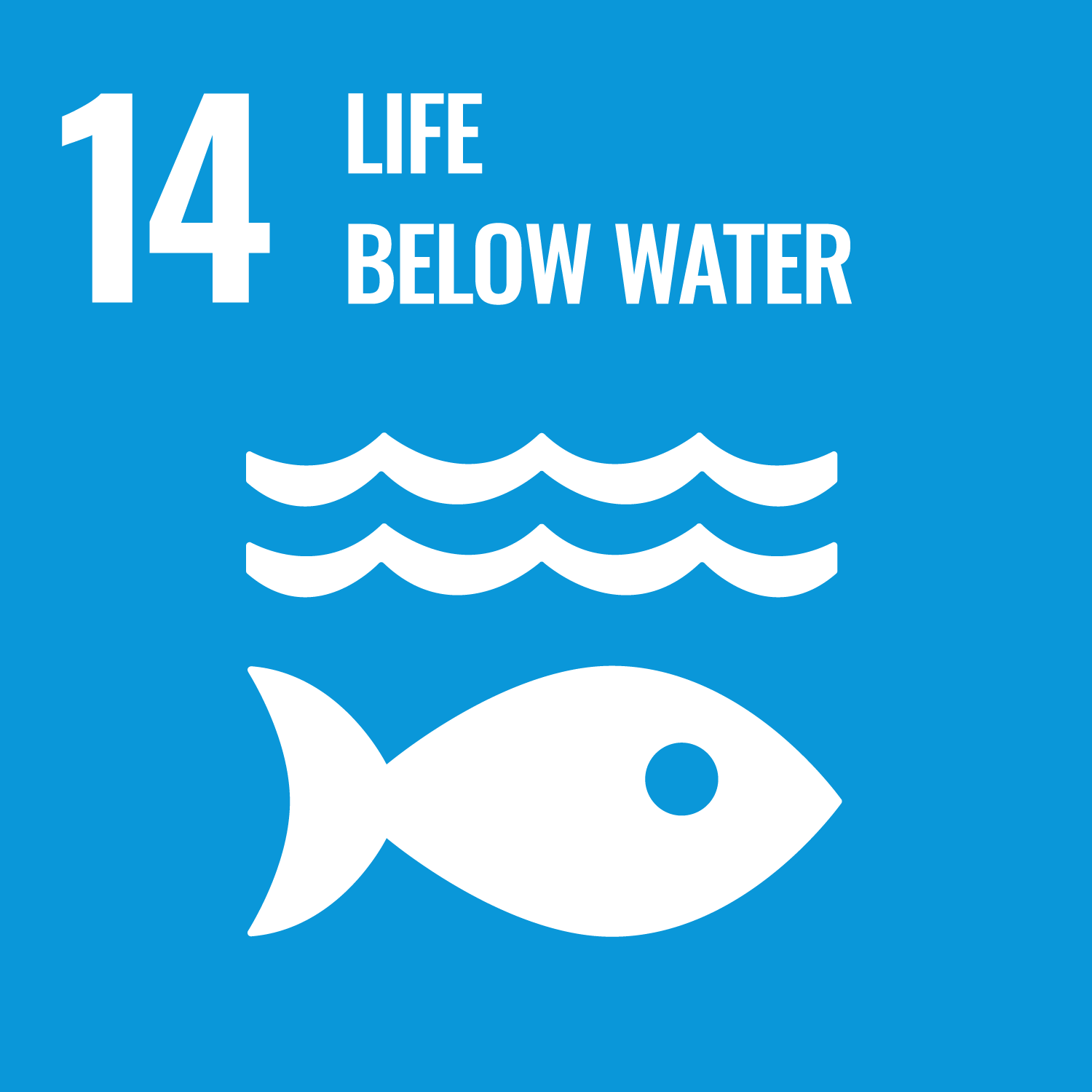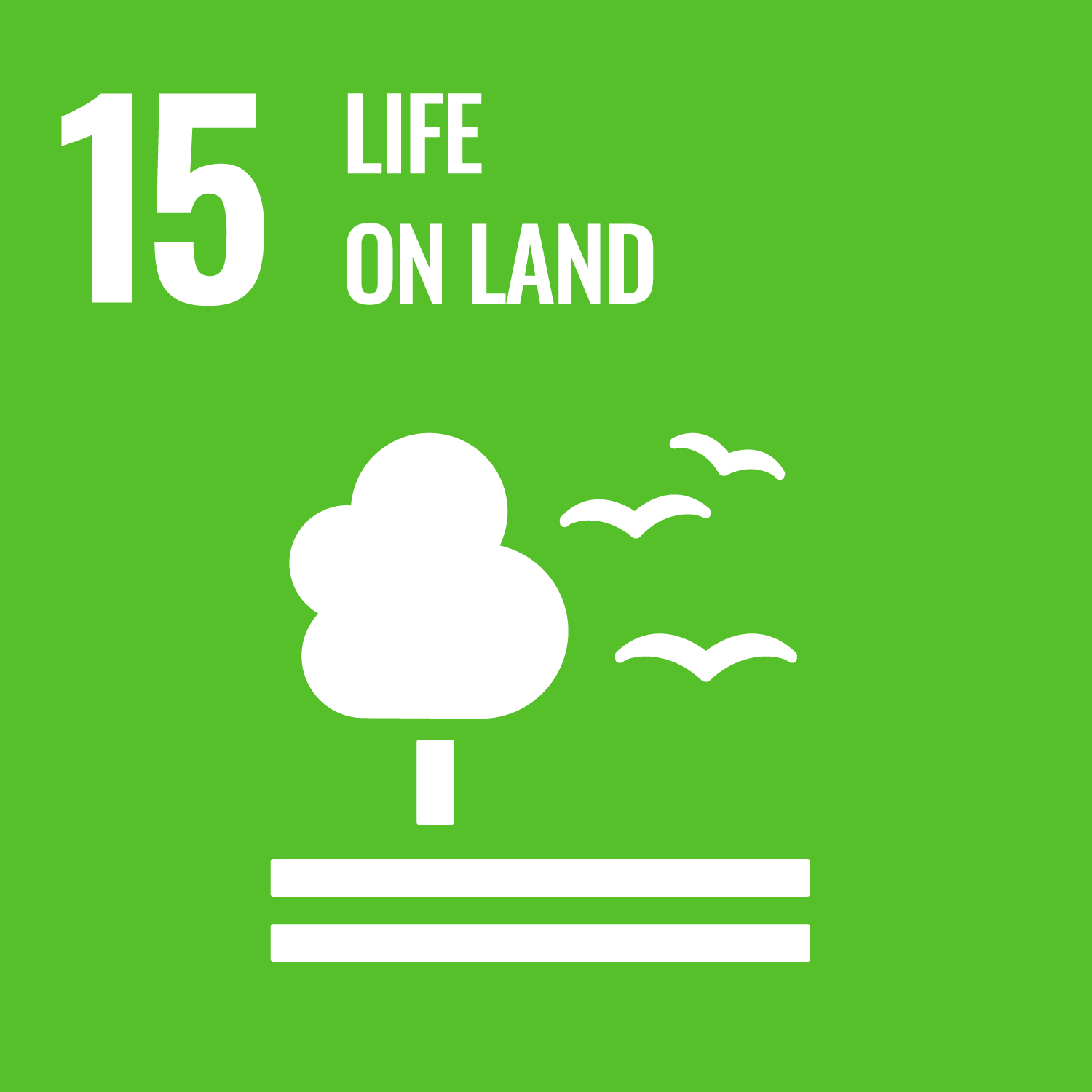This course provides a comprehensive study of theories and recent cases in environmental science. Students will gain an understanding
of the current state of global environmental problems and learn the scientific foundations of a wide range of fields including
environmental chemistry, ecology, environmental pollution, and environmental policy. The latest analytical techniques for
solving environmental problems and policies and technologies for sustainable development will also be discussed. In particular,
new approaches to environmental science using the latest analytical techniques, especially stable isotope analysis, will be
highlighted. The course will also aim to include a close reading and presentation of recent research papers on environmental
science.
The purpose of this course is to deepen students' expertise in environmental science and to develop their ability to approach
environmental problems scientifically. In particular, the objective is to develop the ability to understand the latest papers,
to read critically, and to make presentations.
- Explain the causes and effects of the latest environmental problems from a scientific perspective.
- Explain the use of environmental chemistry and analytical chemistry (e.g., stable isotope analysis, mass spectrometry, chromatography).
- Understand, present, and professionally discuss academic papers on environmental issues and analytical chemistry.
| Understanding the content | Paper reading and presentation | Total. | |
|---|---|---|---|
| 1. | 30% | 0% | 30% |
| 2. | 30% | 0% | 30% |
| 3. | 20% | 20% | 40% |
| Total. | 80% | 20% | - |
| Class schedule | HW assignments (Including preparation and review of the class.) | Amount of Time Required | |
|---|---|---|---|
| 1. | Overview of Environmental Science | Review of syllabus, preparation for the next week | 180minutes |
| 2. | Latest Environmental Issues | Presentation Preparation | 180minutes |
| 3. | Presentation of research introduction | Paper research and presentation preparation | 182minutes |
| 4. | Presentation of research introduction | Paper research and presentation preparation | 180minutes |
| 5. | Presentation of research introduction | Paper research and presentation preparation | 180minutes |
| 6. | Presentation of research introduction | Paper research and presentation preparation | 180minutes |
| 7. | Presentation of research introduction | Paper research and presentation preparation | 180minutes |
| Total. | - | - | 1262minutes |
Evaluation will be based on regular points from quizzes, etc., and participation in the presentation and questions, etc. A
total score of 60 points or higher is required to pass the course. 80% can be obtained by fully understanding the lecture
content, actively speaking in class, and contributing to the class.
| ways of feedback | specific contents about "Other" |
|---|---|
| 授業内と授業外でフィードバックを行います。 |
- Course that cultivates an ability for utilizing knowledge
- Course that cultivates a basic interpersonal skills
| Work experience | Work experience and relevance to the course content if applicable |
|---|---|
| N/A | N/A |






- 3.GOOD HEALTH AND WELL-BEING
- 6.CLEAN WATER AND SANITATION
- 7.AFFORDABLE AND CLEAN ENERGY
- 13.CLIMATE ACTION
- 14.LIFE BELOW WATER
- 15.LIFE ON LAND
Last modified : Fri Feb 21 04:13:21 JST 2025
